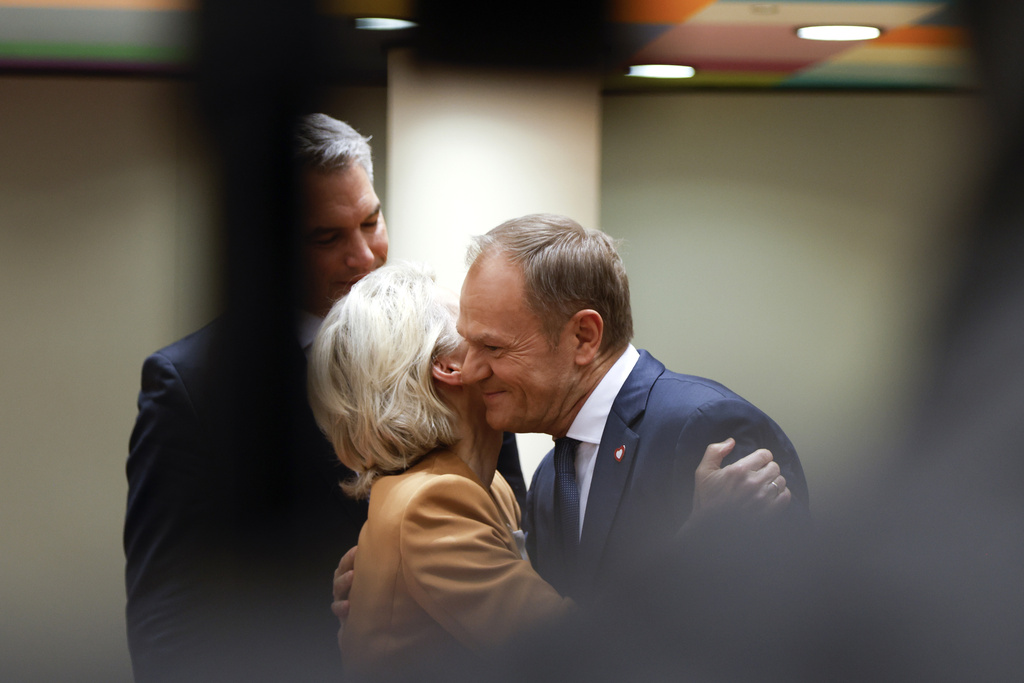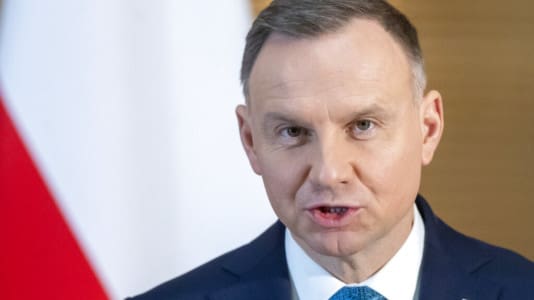The European Commission has thawed billions in funding for the so-called recovery plan (KPO) following the formation of an anti-PiS government in Poland. This development, unfortunately, tells us, in black and white, a few unpleasant truths about the realities of European Union politics.
The recent developments between Brussels and Warsaw can be interpreted in several ways. Of course, Donald Tusk’s entourage and the media sympathetic to anti-PiS sentiments will present this as a major success, both for Tusk and Poland. After all, it is Tusk who is seen as bringing this money to the country. Moreover, according to the same narrative, Poland is in dire need of these funds. This calls for joy and celebration.
However, one does not need to be a PiS supporter to see that this “miraculous thawing of euros” is quite ambiguous. It takes a lot of ill will and a very closed mind not to notice — or pretend not to see — that something quite alarming has happened here, and for several reasons.
Firstly, we have a clear indication that the accusation of a lack of rule of law in Poland, which has been hammered at us for the last few years, was baseless. It was not founded on any solid evidence, which we can agree is necessary to call such a serious decision “fair” or even “lawful.” Now, it’s obvious that we are dealing with a purely political sanction based on an abstract assessment of the situation in Poland. In terms of actual legal framework (laws, statutes), nothing has changed in Poland. Except, of course, that new members have indeed joined the National Council of the Judiciary (KRS), chosen from the politicians of the current majority.
It is clear to everyone that the money is flowing because the elections in Poland were won by those who, in the opinion of the European Commission, should have won. The EU Commission, particularly its president, trusts and backs this new government. It was obvious from the beginning. We knew that the liberal euro-establishment, by “arresting” the KPO funds, wanted to influence the democratic electoral process in Poland. In other words, they were heavily interfering with Polish sovereignty, trying to blackmail Polish voters into behaving in a manner “appropriate” in their opinion.
It’s one thing to suspect such actions, even with near certainty. It is quite another to know, see, and have tangible proof that this is how the European Commission operates — using the abstract accusation of a lack of “rule of law” to impose its will on a sovereign state is disgraceful.
Additionally, there’s a notion that Prime Minister Donald Tusk has unlocked “European money” for Poland. However, this is a misleading simplification. In reality, these are not “European funds” in the sense of a gift, a gesture of goodwill, or aid from Brussels to help poor Warsaw. The KPO funds are part of a large, joint loan of the European Union for a significant public investment plan to rejuvenate a pandemic-weary and stagnant Europe.
Poland, as one of the more dynamically developing economies of the EU, is co-guaranteeing this loan. In this sense, the previous situation was an inversion of logic. Poland, bearing responsibility for the incurred debt, was unable to practically benefit from it due to the reasons mentioned above.
However, there’s another dimension to this issue. In superficial discussions about the KPO (“will it happen or not”), a very important fact often goes unnoticed. The funds from this loan (the “billions of euros for Poland” as they are called in the media) are effectively “earmarked.” This means that the Warsaw government, or any other, can only spend them in accordance with the objectives set by the Union, mainly on the green energy transformation.
While there’s nothing inherently wrong with this — energy transformation is necessary in many areas — we should not distort reality and claim that these billions, miraculously unlocked by the new majority, are a cure-all for all of Poland’s economic ailments. To frame it that way would be a falsehood, and it would be very dishonest to call it the truth, a success, or a great day for Poland.





